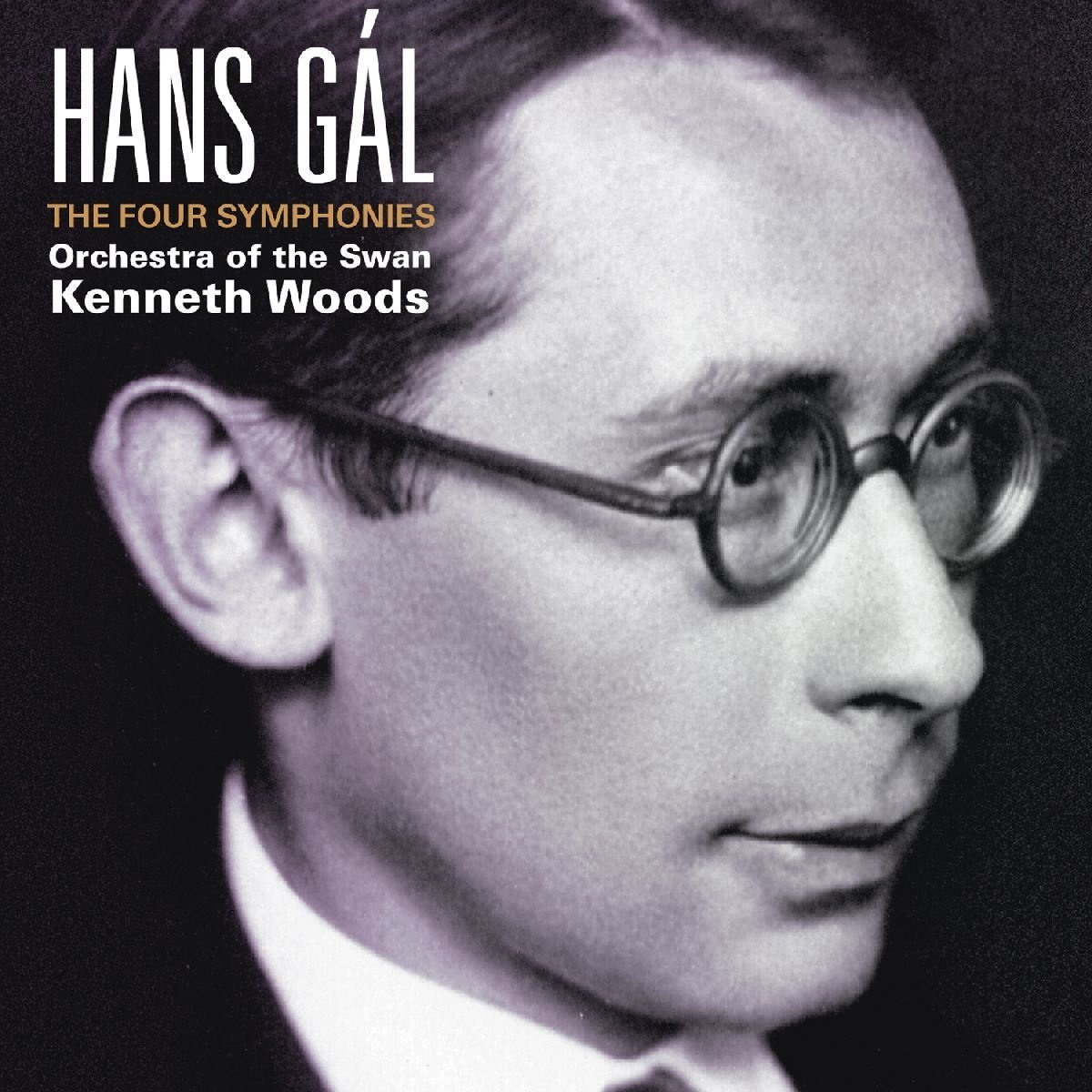 Hans Gál: Symphonies 1-4 Orchestra of the Swan/Kenneth Woods (Avie)
Hans Gál: Symphonies 1-4 Orchestra of the Swan/Kenneth Woods (Avie)
Previously paired with those by Schumann, Hans Gál'sfour symphonies are now sensibly repackaged as a slimline two-cd set. Musicians are always trying to make the case for previously neglected composers, and it can be a crushing disappointment when you dive in but can't see what all the fuss is about. Havergal Brian's appeal still eludes me, but I've enjoyed getting to know Weinberg. I also "got" Gál; he's definitely one of the good ones. Conductor Kenneth Wood's accessible sleeve notes suggest that Gál's obscurity is partly due to sheer bad luck. Born in 1890 in Vienna, he sat in on Mahler's rehearsals. He fought during the First World War, and felt he'd found his voice as a composer during the 1920s. Gál's career flourished until Hitler assumed power – after which he managed to reach the UK, only to be interned as an enemy alien. He later taught at Edinburgh University, remaining in the city until his death in 1987. Gál saw himself as a symphonist in the great Austro-German tradition, and these four works are full of references to the composers Gál had loved. They're harmonically sophisticated but unashamedly tonal, classically proportioned and translucently scored; they deserve to be heard more.
Most rewarding is Gál's Symphony No. 3, written in the early 1950s and played just twice in the composer's lifetime. The opening oboe solo is beautifully played here and the symphony's stormier moments are brilliantly negotiated by the Orchestra of the Swan. This piece lasts barely 35 minutes but has an epic sweep. The serene Symphony No.4 was completed in 1974, and its concertante writing for violin, cello, flute and clarinet is a consistent delight. Below the benign surface there's an awful lot going on; Woods argues that Gál saw his music's tranquility as hard won. Symphony No.1 has a delectable carefree last movement, the perpetuum mobile string writing smartly managed. No.2 is the longest and darkest of the set, its extended Adagio among the most moving things Gál composed. Exemplary performances, well-recorded and cleanly played – a winner.
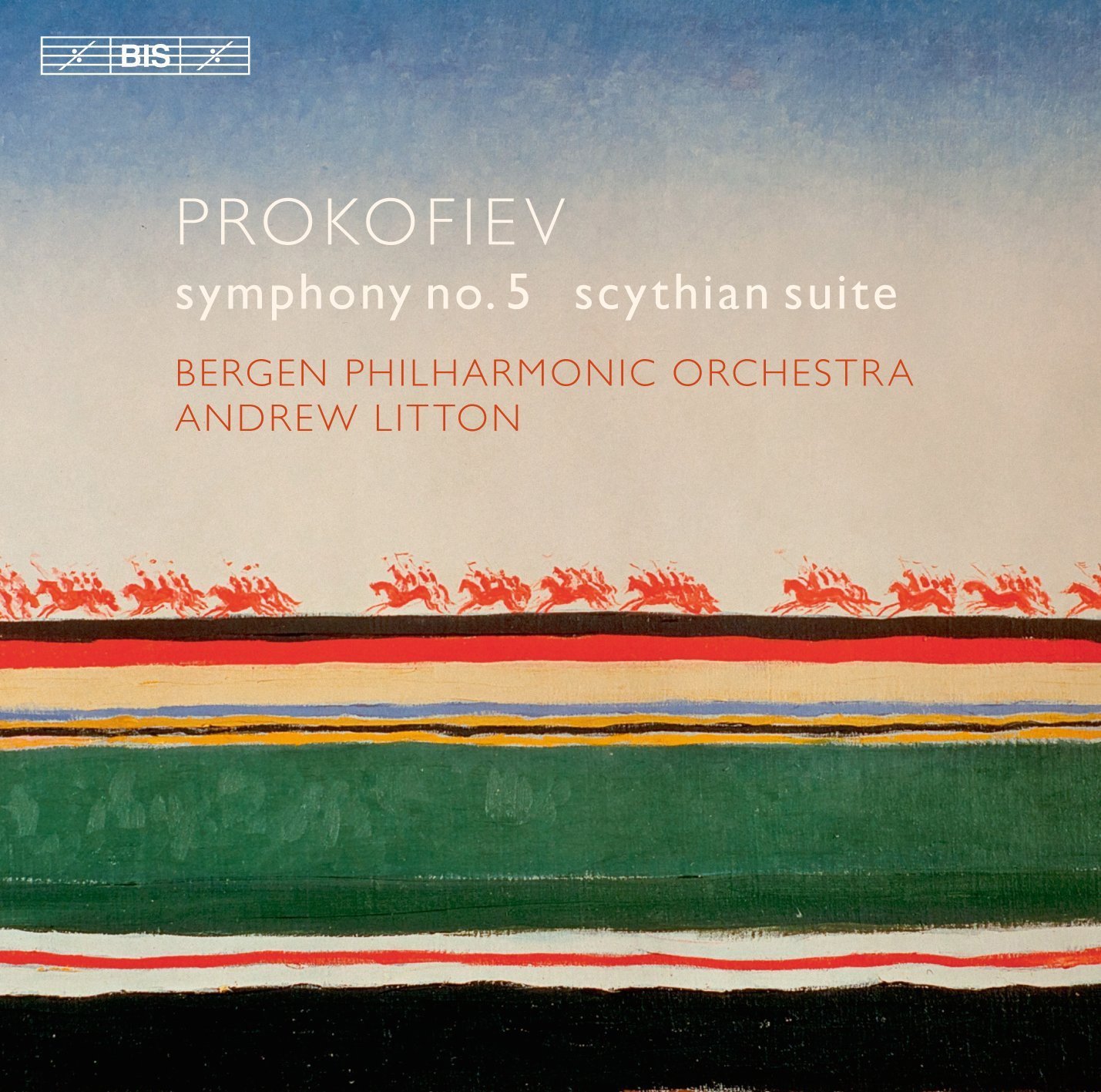 Prokofiev: Symphony no. 5, Scythian Suite Bergen Philharmonic Orchestra/Andrew Litton (BIS)
Prokofiev: Symphony no. 5, Scythian Suite Bergen Philharmonic Orchestra/Andrew Litton (BIS)
Prokofiev described his 1945 5th Symphony as “a work glorifying the human spirit... of mankind free and happy.” Listen to the finale's last few minutes and you might disagree, though this fascinating piece sounds in places like the sort of thing any good Soviet composer would want to write near the end of a world war. The first movement's upwardly mobile main theme still sounds comically aspirational, and Prokofiev's gleefully dissonant development sounds like jostling traffic. The coda's bombast is terrifying. The Bergen Philharmonic's recent Tchaikovsky ballet recordings have been outstanding, and this CD is just as sharp. The faster movements are exhilarating – especially the Allegro marcato, recycling music originally composed for Romeo and Juliet. The trio section is exquisite here, the playing oozing chrome-plated confidence. And how refreshing to hear the inventive percussion scoring so sharply pointed.
Andrew Litton wisely keeps Prokofiev's sublime Adagio flowing forward; the tritonal bassline at the start suggesting that we're not getting a conventional slow movement. The hushed coda is heart stopping, and the last movement's energy is infectious. Prokofiev's peculiar coda is masterly; a few seconds of funky chamber noodlings before a loud unison B flat brings the fun to an abrupt halt. There are already several great recordings of this piece, and Litton's new one joins them.
He also gives us Prokofiev's Scythian Suite, the four short movements salvaged from a 1915 ballet score composed for Diaghilev's Ballets Russes. Lavishly orchestrated and extremely loud in places, it's essential listening. Litton's version isn't quite as terrifying as Claudio Abbado's live DVD account, made with the Simon Bolivar Orchestra, but it's still impressive, the Bergen players alert to the music's high spirits as well as the grandeur. I'll never tire of the catchy tune which pops up a few minutes into the final section, and the blazing, dissonant sunrise is glorious.
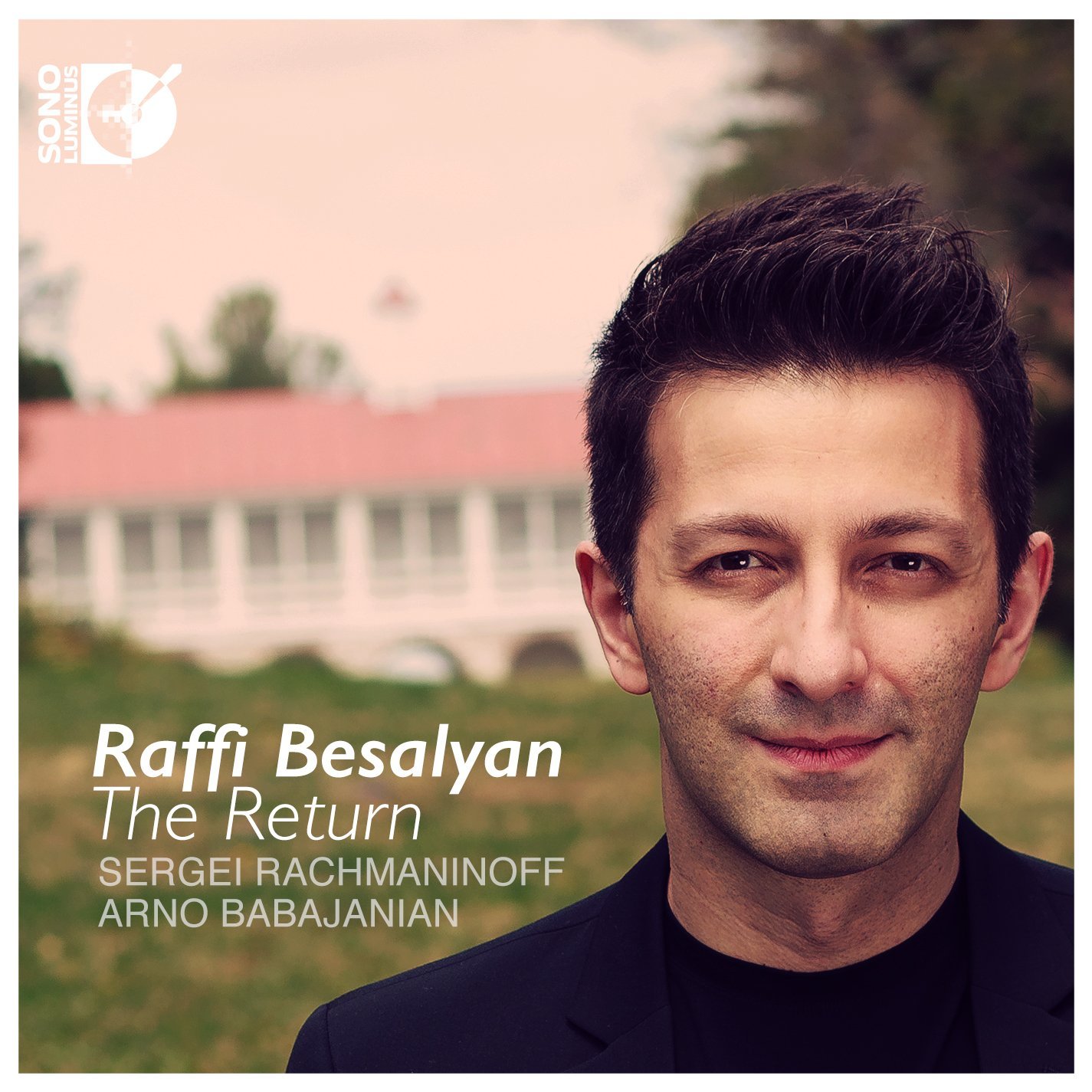 Raffi Besalyan: The Return – music by Rachmaninov and Arno Babajanian (Sono Luminus)
Raffi Besalyan: The Return – music by Rachmaninov and Arno Babajanian (Sono Luminus)
Let's start with Arno Babajanian, an Armenian composer who matured during the Soviet era and died in 1983; a quick internet browse reveals that a minor planet was named in his honour three years after his death. This recital disc by the brilliant Armenian-American pianist Raffi Besalyan contains four Babajanian miniatures. They're gorgeous; the Prelude and Melody paying homage to Rachmaninov, the Elegy a sublime, songful tribute to Babajanian's fellow Armenian Aram Khachaturian. A pungent folk dance closes the disc, and promptly sent me online in search of more Babajanian.
All else here is Rachmaninov: a selection of the Préludes, the Etudes-Tableux and the Corelli Variations. And very smartly played – the Op. 23 G minor Prelude's rhythms have a brilliantly incisive snap, reminding us that Rachmaninov's music isn't just about woozy lyricism. The G# minor Prelude in the Op.32 set glitters, Besalyan's right hand ideally clear. Unfussy, highly readable notes by theartsdesk's Gavin Dixon reveal that the sixth Etude-Tableau in the Op. 33 set was based on the story of Little Red Riding Hood, and also tell us why this CD bears the name The Return. Op. 39's No. 6 is dark, percussive and propulsive. The Variations on a Theme of Corelli are nicely played; the short movements seamlessly knitted into a cogent whole. Stunning, intelligent playing and ripe, detailed sound – some of the best solo Rachmaninov I've heard recently.

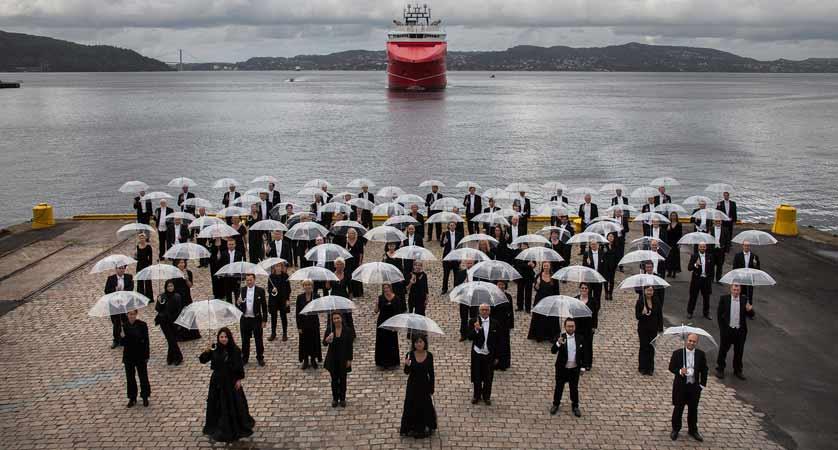

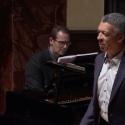


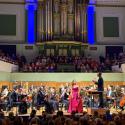
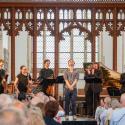






Add comment